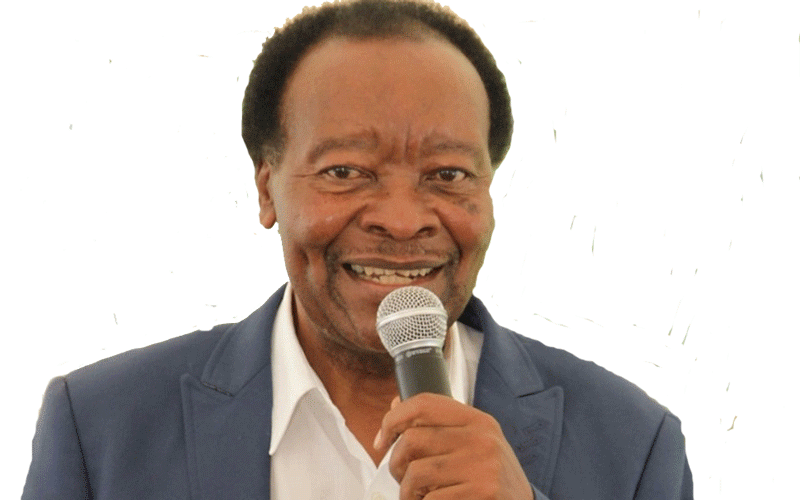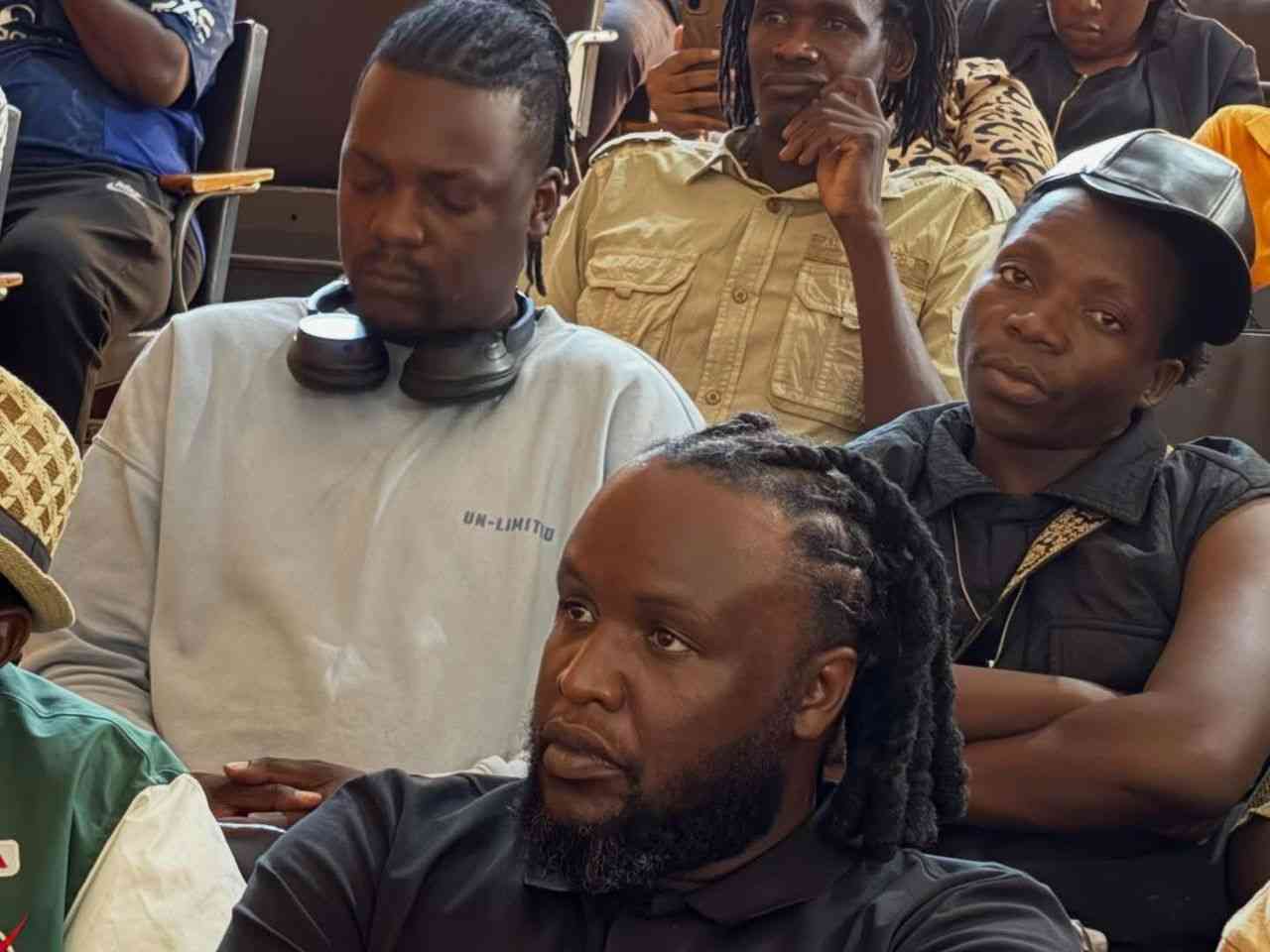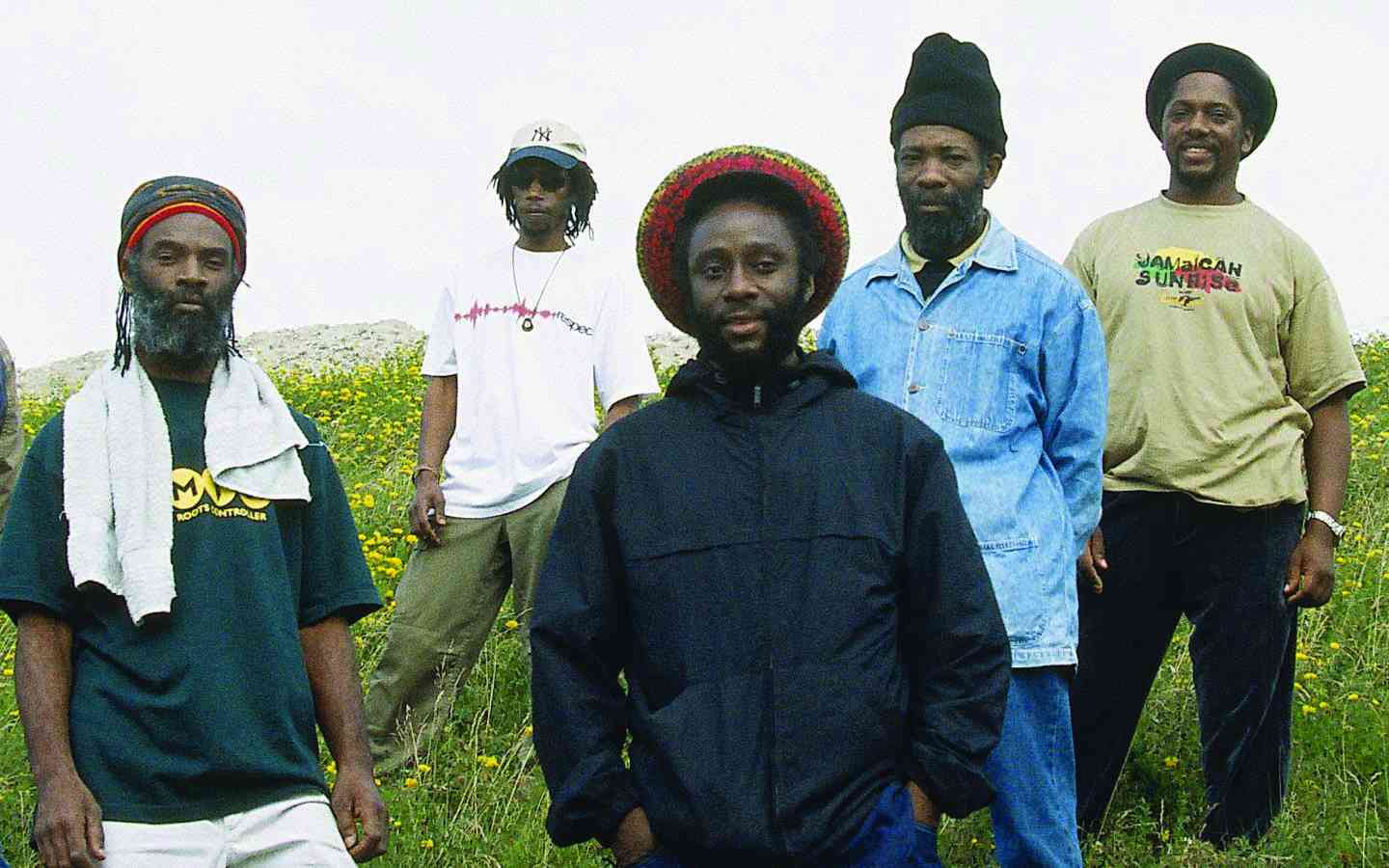
Becoming a professional musician in Zimbabwe is an uphill task.
Despite the fact that there are a lot of youngsters with lots of musical talent in the country, a lot of that talent is lost as most of them give up due to lack of financial support.
Without financial support as a start-up in the music industry, very few good musicians will find it hard to go anywhere no matter how good their music is. Some young artistes end up frustrated and start taking drugs, smoking, drinking and engaging in other bad habits because of depression after finding it hard in their music careers.
These youths, in particular, young girls, who are desperate to advance their careers in music, get exploited by unscrupulous sharks who take advantage of their need for financial support.
How I wish our government could find better ways of financing the industry, through initiating programmes such as opening and supporting colleges of music and other avenues which also scout for talent from suburbs, small townships or anywhere around the country. After all, young up-and-coming artistes are the future.
The musicians themselves need to organise themselves to get this support from the government. For instance, there is no musicians’ union in place to mobilise these artistes.
Even if the government decided to sponsor musicians with their music projects, who do they approach? After the demise of Robson Nyanzira, Samaita Zindi and Michael Sekerani, there is no longer a musicians’ union in the country. So who would the government talk to apart from those individual musicians whose songs subscribe to the government’s political agendas?
The only government body in existence representing the arts in the country is the National Arts Council of Zimbabwe (NACZ). This outfit receives a paltry sum of money to assist artistes (if any).
- Radical economic structural transformation critical
- Chibuku NeShamwari holds onto ethos of culture
- Through the eyes of a child
- Sri Lanka succumbs to China’s debt-trap diplomacy: Report
Keep Reading
They even ask artistes and music promoters to pay a fee for bringing in foreign artistes into the country in order to supplement their paltry income. They also appeal to the same music promoters to assist up-coming artistes. Most of their income is spent on the annual Nama Awards.
Apart from trophies given to artistes as awards, there is no cash incentive to encourage up-coming artistes to work harder and look forward to be part of the cultural ambassadors of Zimbabwe.
If winning artistes were given at least US$1,000 each during these award ceremonies, that would definitely encourage more talented participation in the arts.
But the NACZ does not have this kind of money. This is where the government should chip in. There is the possibility that real talented artistes are out there but are not coming out because they think (or are being discouraged by those who think) that there is no future in the music business. If incentives were put on the table, I am positive we will see real talent coming out.
As a matter of fact, the National Arts Council of Zimbabwe has instead called on local music promoters to help upcoming artistes through giving them a chance to show-case their talent and discover their potential.
In July 2017, speaking at the Chibuku Road to Fame music competitions organised by Delta Beverages in Harare the National Arts Council’s Acting Provincial Arts Manager, Oliver Chauke encouraged music promoters to look for new blood and help them rise. In my opinion, this is the job which the NACZ should be mandated to conduct.
Top music promoters including Chipaz Promotions and Y2K Promotions who attended the annual music competitions were applauded by Chauke for their good gesture which he said should be encouraged for the good of the arts sector. This is what Chauke said:
“I am happy to see many local promoters attending events like this where they get to see upcoming musicians performing. I have seen Chipaz Promotions, Y2K Promotions and many others here which is a good thing and we would like to thank our sponsors Delta Beverages for organizing an event like this.
“These guys must work hard so that they express their talent in the correct way because they are talented. We don’t want to lose them because of lack of support,” added Chauke.
Several musicians I have spoken to have bemoaned the lack of support from the the ministry of Youth, Sport, Arts and Recreation led by Honourable Minister, Kirsty L. Coventry or from the National Arts Council of Zimbabwe for their music projects.
At some point when Energy Mutodi and Fortune Chasi (who are musicians in their own right) became ministers in government, we felt that Music had now reached a stage where it would be championed by politicians since musicians now had representation in the government, but unfortunately the good fortunes of these two ministers did not last long.
One Zanu PF parliamentarian I talked to regarding the lack of financial support for musicians in the country, blatantly said to me: “Why should the government waste the taxpayer’s money on people who spend most of their idle time just smoking mbanje or drinking mutoriro when there are so many developmental projects to be undertaken?”.
He obviously didn’t think that musicians deserved government support.
It doesn’t look like anybody in high offices takes the arts seriously.
However, it must be noted that artistes play a major role in the sustainability of our communities. In fact, the arts can be the element policymakers have been seeking to solve issues within urban communities across our country.
When it comes to addressing our community’s challenges, the power of creativity is often not recognized as a legitimate solution. However, the influence of art and culture is deeply woven in our economic infrastructures. The arts have been a critical part of the Zimbabwean economy. Many youngsters have been sustaining themselves through arts projects. All they need is guidance and direction in order to become professional in their chosen field. Creativity is an economic resource.
Just as policymakers and community leaders must appreciate the impact that art and culture can have on community development, artistes need to recognise their importance in community systems, and demand a seat at the table. These systems are a desert for creativity — they are starving for creativity, and you have people in these systems that want to change and want to do new and inventive things but don’t have a clue what to do next. This is where the artistes come in. In order for art and culture to be taken seriously, artistes must understand the inner workings of economic and governance systems. Once they do this, they will be a driving force for necessary funding and investment in art and culture programmes, at the same time establishing a regular presence in community decision making and city planning.
Bob Marley became an international star in his lifetime and left over US$40 million in Jamaica when he died. He went out of his way to support poor people in Jamaica when he had made lots of money.
Nigerian multi-millionaires, Burna Boy, Wizkid and Davido have all broken African music records by moving into mainstream global markets initially with assistance from within Nigeria and also through collaborations with established international artistes.
For instance, Davido’s music has been sampled by Beyonce and has had a successful collaboration with American superstar, Chris Brown.
Wizkid's name has appeared in a number of top awards, such as the MTV Europe Music Awards and MTV Africa Music Awards (MAMA). He has also secured collaborations with artistes like Chris Brown, Trey Songz, Drake and R. Kelly. He has performed in front of packed audiences in Europe and America at venues such as the O2 Arena and Maddison Square Gardens.
Burna Boy is probably one of the biggest international stars Nigeria has ever produced. He has done almost everything needed in the music industry, filling up big venues, collaborations with Western superstars and winning several international awards.
All these three Nigerian superstars are assisting the poor in their countries with projects that uplift them and alleviate hunger.
With the right support, the same could also happen with Zimbabwean artistes.
There is no need for me to emphasise that music needs sponsorship, especially from the government if it is to bring in millions of dollars into our economy. We have seen it happen elsewhere. It can also happen here. If it does, this will be music to one’s ears.
Feedback: [email protected]











